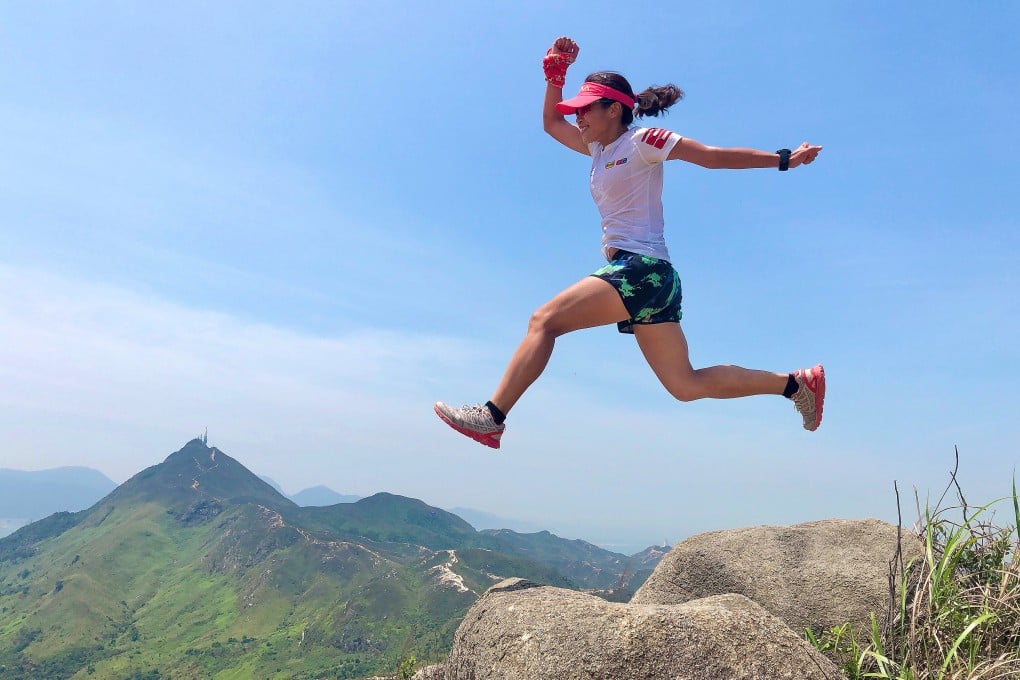Veganuary: Hong Kong trail runners on their plant-based diet and how it gives them more energy and better health
- Higher energy levels, faster recovery and glowing skin are some of the benefits a vegan diet delivers, says Hong Kong trail runner and raw-food chef Iris Mak
- “I should be slowing down at my age, but I keep getting faster,” Jenny Buck, 50, who went vegan four years ago and took up trail running and races regularly

Trail running in Hong Kong is booming as more people lace up their sports shoes each year to enter races or just to stay active during the coronavirus pandemic.
How do you fuel yourself for trail running if you have recently switched to a vegan diet or are trying to cut down on meat, a food source commonly associated with athletic recovery?
Indeed, anecdotal evidence from runners suggests that being vegan helps athletes recover more quickly, while their speed and endurance are on a par with those of omnivorous runners.

Meat and dairy products, while good sources of protein, are acidic and eating them can add to the inflammation that may already be in the body from training. Switching to fresh foods and whole food protein sources may enable muscles to recover more quickly by avoiding additional inflammation.
This is the experience of 50-year-old Hong Kong stenographer Jenny Buck, who switched to a vegan diet four years ago.